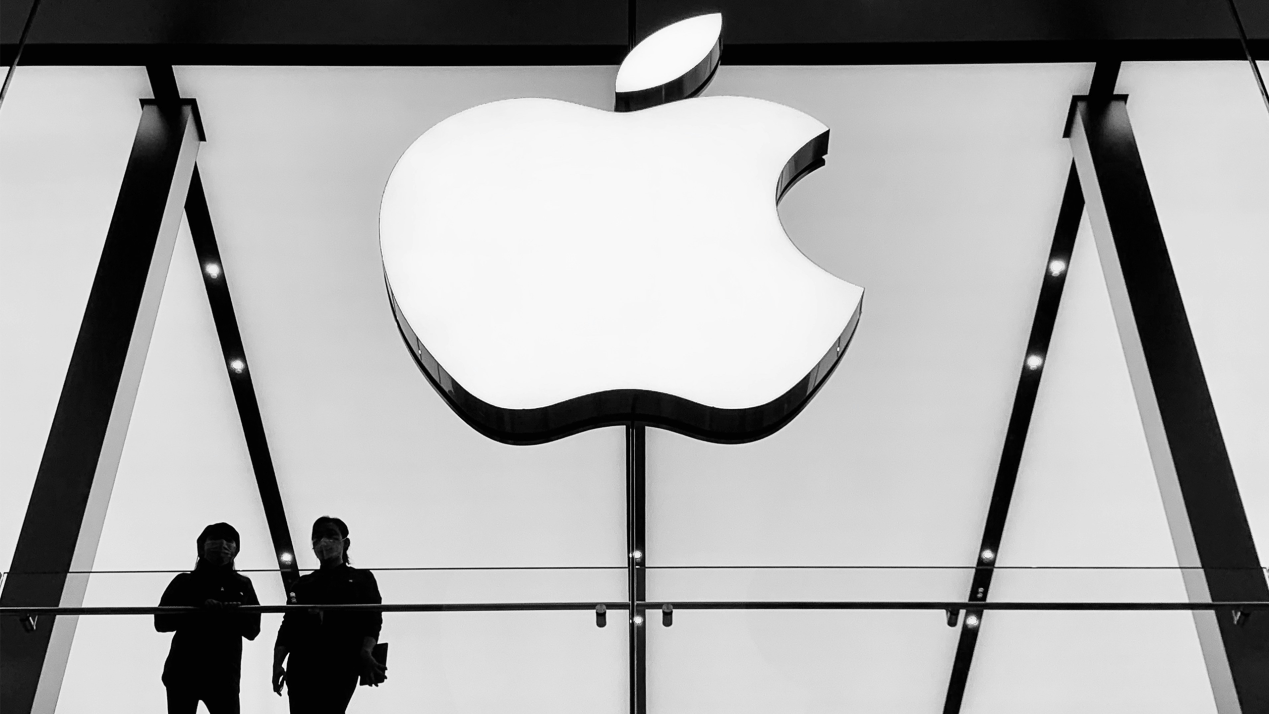
Why Skills-First Leadership Is Replacing the Ivy League Playbook in the C-Suite
The old prestige pyramid—where Ivy League degrees and blue-chip consulting backgrounds paved the way to the CEO seat—is cracking.

Apple Inc. has announced the cancellation of its decade-long endeavor to develop an electric car. This decision marks a significant strategic shift for the technology giant, redirecting its resources towards the rapidly evolving field of generative artificial intelligence (AI).
While the project to create a self-driving Apple car has been shrouded in secrecy, it was known to be an ambitious initiative within the company. However, Apple has determined the project to be no longer economically viable or technologically feasible within its desired time frame.
The electric vehicle market has become highly competitive in recent years, with legacy automakers and new technology companies investing heavily in research and development. Apple may have encountered challenges in differentiating its product amidst this competitive landscape.
Apple is now reportedly prioritizing the development of advanced generative AI systems. Generative AI, which refers to AI algorithms capable of creating realistic images, text, and other digital media forms, represents a rapidly emerging frontier within the broader field of artificial intelligence.
Analysts suggest that the company’s decision to redirect resources toward generative AI signals its recognition of the potentially transformative impact of this technology. AI-powered tools have the potential to revolutionize various aspects of society, from content creation and customer service to scientific research and product design.
Apple’s track record of innovation and its reputation for user-friendly experiences position it well to make inroads into the growing generative AI market. However, how its expertise in software and hardware design will translate to developing advanced AI models remains to be seen.
While the decision to abandon the electric car project marks a setback for Apple in that domain, its strategic pivot to generative AI indicates its continued commitment to exploring emerging technologies with the potential to shape the future.

The old prestige pyramid—where Ivy League degrees and blue-chip consulting backgrounds paved the way to the CEO seat—is cracking.

Loud leaders once ruled the boardroom. Charisma was currency. Big talk drove big valuations.

But the CEOs who make history in downturns aren’t the ones with the deepest cuts

Companies invest millions in leadership development, yet many of their best executives leave within a few years. Why?

The most successful business leaders don’t just identify gaps in the market; they anticipate future needs before anyone else.

With technological advancements, shifting consumer expectations, and global interconnectedness, the role of business leaders

Following a distinguished Law Enforcement career Joe McGee founded The Securitatem Group to provide contemporary global operational specialist security and specialist security training products and services for private clients, corporate organisations, and Government bodies. They deliver a wide range of services, including complete end-to-end protection packages, close protection, residential security, protection drivers, and online and physical installations. They provide covert and overt investigations and specialist surveillance services with a Broad range of weapons and tactical-based training, including conflict management, risk and threat management, tactical training, tactical medicine, and command and control training.

Jay Wright, CEO and Co-Owner of Virgin Wines infectious energy, enthusiasm, passion and drive has been instrumental in creating an environment that encourages talent to thrive and a culture that puts the customer at the very heart of every decision-making process.

Fabio de Concilio is the visionary CEO & Chairman of the Board at Farmacosmo, a leading organization dedicated to mental health and community support services. With a deep commitment to identifying and meeting customer needs, Fabio ensures that high standards are maintained across the board.

Character Determines Destiny – so said Aristotle. And David CM Carter believes that more than anything else. For David, it has been numerous years of research into codifying Entelechy Academy’s 54 character qualities that underpin everything he stands for as a leader and teacher.


Leave us a message
Subscribe
Fill the form our team will contact you
Advertise with us
Fill the form our team will contact you